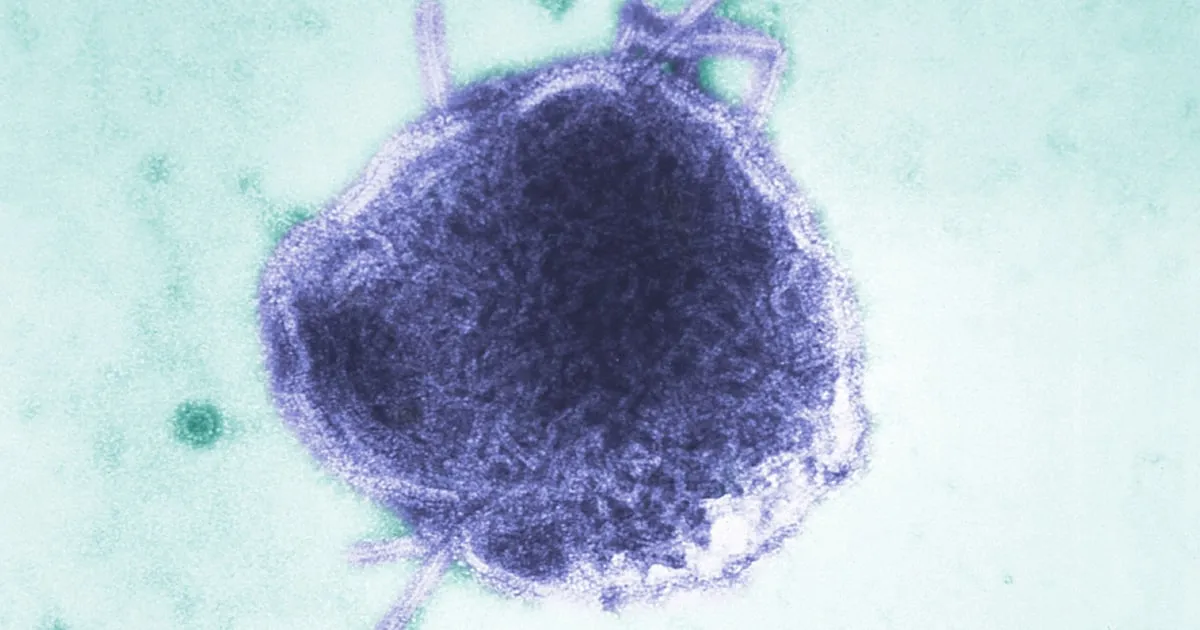
Martha Martin, a 26-year-old mother from Cedar Rapids, Iowa, faces a challenging situation as she is compelled to exhaust her remaining vacation days to care for her infant son, Hal. The nine-month-old baby was recently exposed to measles at his day care, necessitating a quarantine period of almost a full month. Since Hal has not yet received the measles-mumps-rubella vaccine, which is typically not administered until a child reaches one year of age, the family is grappling with the implications of this exposure and the challenges of managing child care amidst their work commitments.
Upon returning to work, Martha's husband will also need to take several unpaid days off to stay home with Hal. “It just makes me so mad that this is happening,” Martin expressed, highlighting her fears and frustrations. “It’s scary because my son is not protected, and I’m having to worry about child care, my job, and my husband’s job.” In situations like this, the Centers for Disease Control and Prevention (CDC) recommends a quarantine period of 28 days for those exposed to measles.
As a precautionary measure, Hal received emergency shots of immunoglobulin (IG), an essential antibody that assists the immune system in combating infections. “At this point, it’s just a waiting game,” Martin added, illustrating the uncertainty that many families are facing as the number of measles cases in the U.S. has surged to levels not seen since the disease was declared eliminated in 2000.
According to the CDC, there have been 1,309 confirmed cases of measles across 39 states, with the majority of those affected being children. Each measles case poses a risk of exposing hundreds or even thousands of individuals, particularly vulnerable populations such as infants like Hal, who are too young to be vaccinated, or children with compromised immune systems.
Dr. Ana Montanez, a pediatrician at Texas Tech Physicians in Lubbock, Texas, noted that many families affected by the recent measles outbreak in West Texas are typically working-class and often lack the financial means to take a month off without pay. “A lot of our families don’t have a month’s salary saved up, yet they have to stay home,” Montanez stated, emphasizing the financial strain on families who may have multiple job responsibilities.
While Cedar Rapids has not reported an outbreak—only seven measles cases confirmed across Iowa in 2025—the Martin family’s predicament underscores the ripple effects that a single exposure can have on the community. Dr. Dustin Arnold, chief medical officer at UnityPoint Health-Cedar Rapids, remarked, “What’s happening in our town is a perfect example of why vaccination is important. It just takes one measles case to set off waves of impact.”
To combat the potential outbreak, Arnold operated a command center on Saturday, administering immunoglobulin shots to eight infants who were exposed to the virus at the same day care as Hal. Three additional infants were transported to a nearby medical facility for the same treatment. It is noteworthy that IG injections can be administered up to six days post-exposure, with studies indicating that this therapy is highly effective in protecting exposed newborns.
Despite the benefits of IG treatments, Dr. Tina Tan, president of the Infectious Diseases Society of America, emphasized that these treatments are not a long-term solution. Children who receive vaccinations develop significantly higher levels of immunity compared to those who rely solely on immunoglobulin. The IG clinics in Cedar Rapids, which were hastily organized, began treatment just days after the exposure, addressing the urgent needs of families like the Martins.
“There are infants out there who have no protection, and we don’t want them to get sick,” Arnold warned, highlighting the seriousness of the situation. Although most measles patients have experienced mild symptoms, approximately 13%—or 164 patients—required hospitalization due to complications from the infection.
The current surge in measles cases serves as a critical reminder of the importance of vaccination and the collective responsibility communities share in protecting vulnerable populations. With ongoing efforts to raise awareness about the benefits of vaccines, families are encouraged to stay informed and proactive in safeguarding their children’s health.